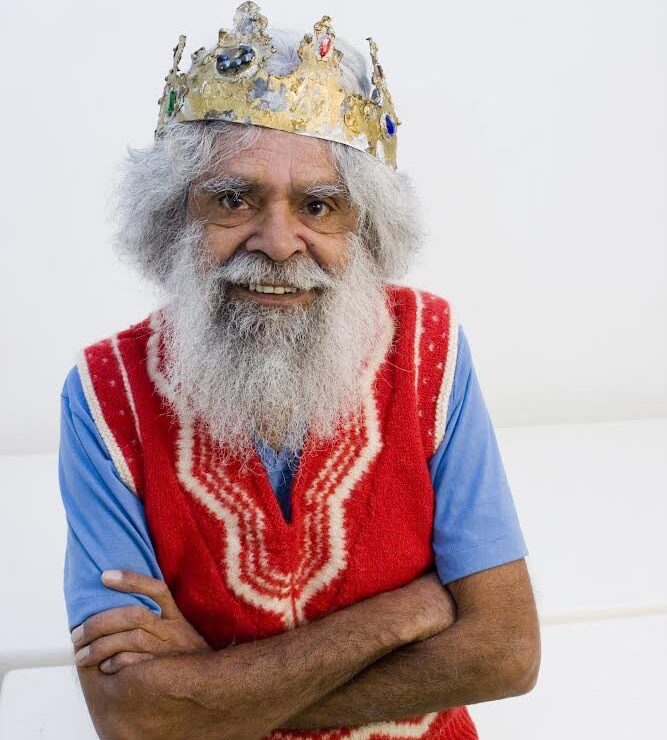We are losing our Elders, our knowledge keepers, to stroke: Vale Uncle Jack Charles

With the passing of Uncle Jack Charles today, the impact of stroke is again affecting Aboriginal communities on a deep, cultural level.
Associate Professor Luke Burchill, a proud Yorta Yorta/Dja Dja Wurrung man and Australia’s first Aboriginal cardiologist, outlines how this impact is felt:
“To understand the impact of stroke on Aboriginal and Torres Strait Islander people you need to look beyond the death and dying statistics. You need to understand the cultural impact.”
It is through the loss of Elders such as Uncle Jack, a Boon Wurrung, Dja Dja Wurrung, Woiwurrung and Yorta Yorta man, that communities lose not only the people they love but the knowledge keepers. Aboriginal and Torres Strait Islander Peoples are affected by stroke up to a decade earlier than non-Indigenous people.
According to Assoc Prof Burchill:
“We are losing too many of our Elders to stroke. He was the voice of our people. Our Uncle Jack Charles. Not only was he a one of a kind artist, trailblazer, community activist, respected Elder and leader, he was an important knowledge keeper for those who come after him.”
Uncle Jack was instrumental in bringing the voice and stories of First Peoples to the stage and used his creative practice to share his own experiences as a survivor of the Stolen Generations.
He shared his personal stories with great feeling, humility and humour, making him a much-loved icon in Victoria, across the country and around the world. In 2016 he was named Senior Victorian Australian of the Year and received the accolade of NAIDOC Male Elder of the Year in 2022. Earlier this year Uncle Jack was the first to share his Stolen Generations survival story as part of Victoria’s formal truth-telling process, Yoorrook Justice Commission.
The Australian Stroke Alliance is committed to addressing the inequity of access to urgent stroke care across the nation. With our partners, we are developing new brain imaging technologies for road and air ambulances to help ensure people who experience a stroke receive care as quickly as possible. Rather than transporting patients to hospital, the Stroke Alliance aims to deliver brain scanning equipment directly to patients within their communities. To make this possible, brain scanning equipment is being made smaller in size and weight so that it can be carried within road and air ambulances. By reducing the time to stroke diagnosis and minimising delays in life and brain saving treatments, the Stroke Alliance hopes to increase survival and recovery among stroke patients – especially those from rural, remote, and Indigenous communities. Crucial to our success, beyond the technology, is a commitment to embed Indigenous governance, knowledge and leadership throughout the project.
This Alliance is about more than improving stroke outcomes – it’s also about keeping our communities strong and our culture alive.
Along with neurologist, Dr Angela Dos Santos, Associate Professor Burchill is the co-chair of our Aboriginal and Torres Strait Islander Leadership Council and is Australia’s first Aboriginal cardiologist. He is also the co-lead of Darak, a unique collaboration working to build relationships and to support researchers through the Stroke Alliance.
Darak supports us all to adapt to dynamic Indigenous communities, and their expectations, across the life of our work. The shared resource centres Indigenous leadership, supports cultural awareness and strengthens community engagement in health research.
Associate Professor Burchill is a cardiologist in adult congenital heart disease at the Mayo Clinic in Rochester, Massachusetts.
Please note: Uncle Jack Charles’ family has granted permission for his name and image to be used in the media.